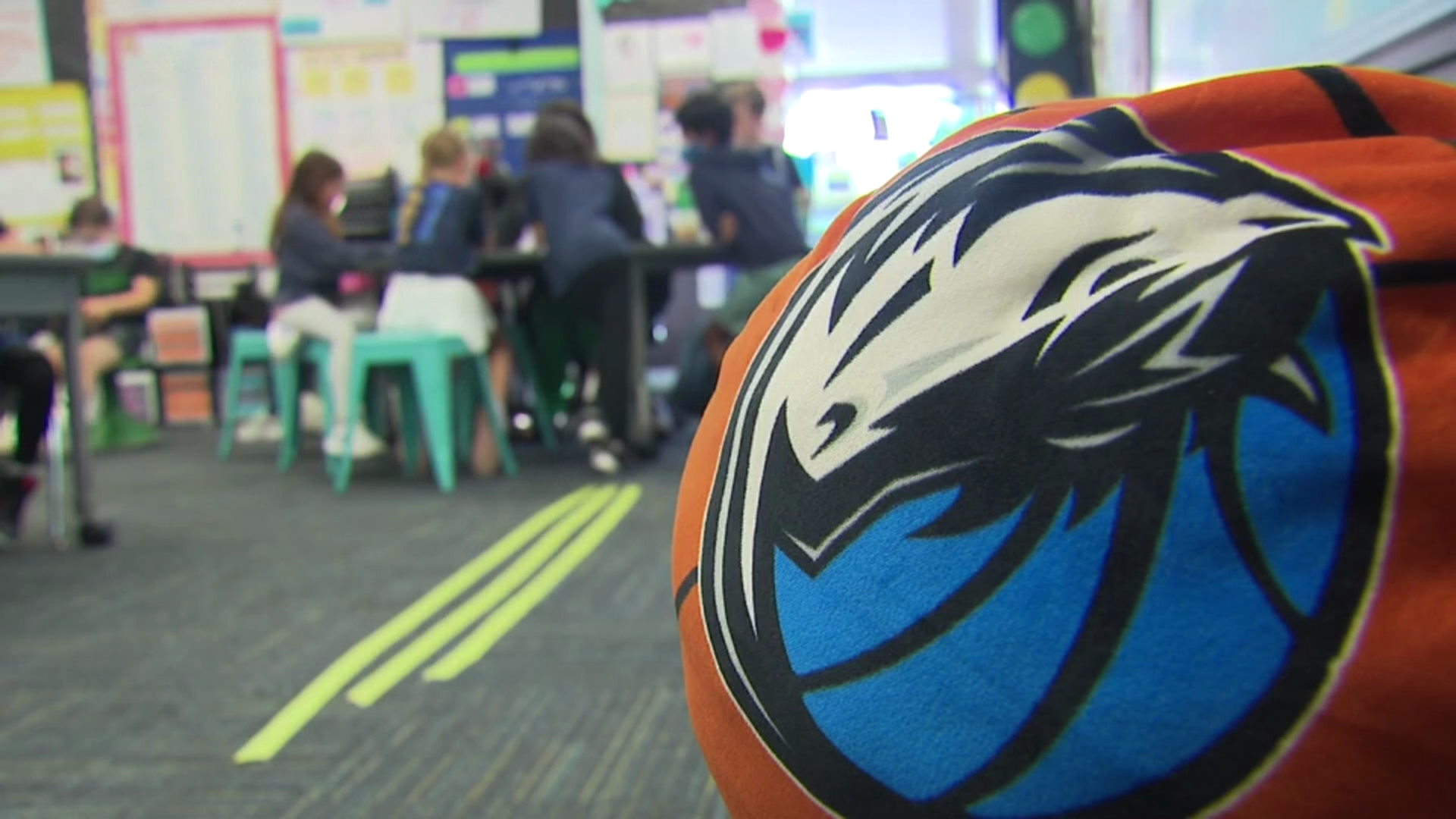A Dallas nonprofit is trying to reduce recidivism in the state by helping former inmates find resources and work out of prison.
Unlocking Doors began in 2010 as a way to connect those in prisons with the outside world. With a small staff and public-private funding, they're currently working with more than 2,000 former Texas inmates.
"Almost 100 percent of them come to us and say, 'I have no idea where to go,'" said the group's founder, Christina Melton Crain.
According to the U.S. Department of Justice, Texas has the second-largest prison population in the country, with 166,000 inmates. The state's prison recidivism rate – or the measure of those who relapse into criminal behavior – is approximately 20 percent.
Crain says that while there are agencies and organizations available, most former inmates don't know how to utilize them all.
"What we do is broker and plan for you. That is going to be individualized, so yours is not going to look like mine," she explained. "We create a road map."
The group coordinates with more than 100 other groups that assist in some piece of an inmate's life, whether it be health care, counseling or employment. They then keep track of each person they help, in order to ensure they're staying on the right track.
Local
The latest news from around North Texas.
"We've only had four who have fallen off," said Crain. "At the end of the day, hope is the big word for offenders. If you lose sight of hope, then it's all over."
It's a belief that rings true for former inmates, like Warren Lewis. After five years in a Texas prison, the father of three was released in November 2015. He immediately contacted Unlocking Doors.
"They just help setup the alley-oop for this transition," said Lewis. "I got to give all the credit in the world for those guys."
Crain's staff helped Lewis with his resume and interviewing skills before connecting him with a staffing agency. A few weeks later, he landed a job at the distribution center for At Home.
"It's good to be back in the work force, be a productive member of society," Lewis said. "Everyone needs a second chance to provide for themselves and their family."
Going forward, Crain hopes the group's success could lead to a more collaborative effort between federal, state and local agencies.
"We're getting data for them. They want something to hang their hat on," Crain explained. "This works."



